#the foreign legion
Quote
Because it is night, because I am alone in someone else's night, because this silence is too great for me, because I have two hands in order to sacrifice the better one and because I have no choice.
Clarice Lispector, from “The Foreign Legion”, Collected Stories (trans. Katarina Dodson)
#q#lit#quotes#prose#clarice lispector#the foreign legion#collected stories of clarice lispector#nocturnes#sing me down into the dark#reading#brazilian lit#south american lit#m#x
791 notes
·
View notes
Text

Clarice Lispector, tr. by Giovanni Pontiero, from "The Foreign Legion: Stories and Chronicles,"
2K notes
·
View notes
Text
Beau Travail is such a beautiful film. So ethereal and dream-like. Touches on themes such as masculinity, the human condition, desire and repression. Denis Lavant stars as Galoup, reminiscing about his days in the French Foreign Legion, his admiration for his commanding officer, and an ensuing, bitter rivalry with a recently arrived private. His performance evokes this uncanny feeling to it that only memories are able to achieve. Undoubtedly my favorite film from Claire Denis. That ending will stay with you for a long time. A true masterpiece and a trascendent achievement of cinema.

#beau travail#1999#cinema#film#art house#arthouse film#cinematic experience#denis lavant#claire denis#french cinema#french foreign legion#legion etrangere#djibouti#africa#lgbt#masculinity
70 notes
·
View notes
Text
First African American in the Great War
Brave men and women from my new book
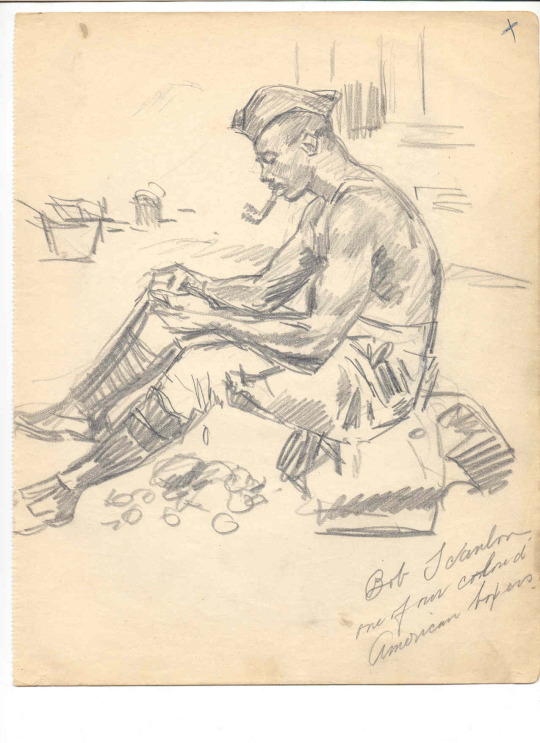
The young man on the drawing is Bob Scanlon. He was the very first African American, who joined the First World War where he showed extreme bravery. Here, he is drawn by a fellow-volunteer, the artist John Jocob Casey who like Scanlon 'for the duration of the war' joined The French Foreign Legion in Paris on 25 August 1914.
Bob Scanlon - whose real non-artistic name was Bob Lewis - was a talented boxer from Mobile in Alabama and came to Europe in 1907. Most of his boxing career was in France, where he amongst others sparred with the legenday Jack Johnson.
'Jack' Casey was an illustrator and artist from San Francisco. He had studied at the Mark Hopkins Department of Fine Arts of the University of California, the Art Students' League in New York, the Boston Museum and the New York School of Fine Arts. He had frequently exhibited his paintings with success at expositions in America and in Paris at the Salon des Artistes Francais.
Casey was wounded at the Battle of Champagne in 1915 and ended drawing maps for the French Army, and Scanlon - who otherwise was considered to be born under a lucky star - was wounded at Verdun in 1916 when his famous left hand was hit by a shell case. But they both survived the war.
Bob Scanlon plays a key role in my book: Fighting for the French Foreign Legion.
#ww1#la Grande Guerre#american volunteers 1914#nils elmark#Bob Scanlon#African American#alan seeger#david king#eugene bullard#fighting for the french foreign legion#french foreign legion#Pen and sword books
75 notes
·
View notes
Text
shoutout to this one girl for biting illya🙏she would fit in so well on tumblr 💞💞💞💞💞💞💞
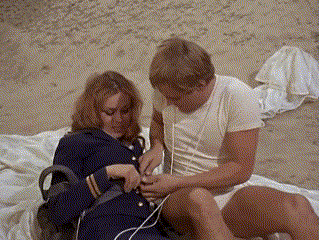
76 notes
·
View notes
Text
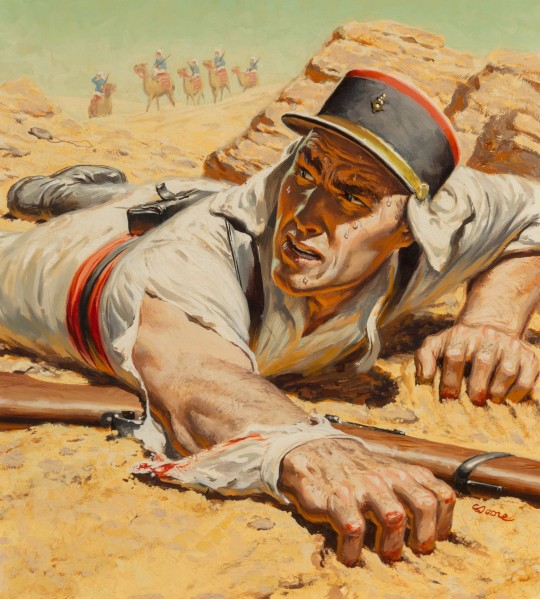
Death Stopped Three Feet Away - art by Clarence Doore (1955)
#clarence doore#outdoor adventures magazine#cover art#vintage men's magazines#death stopped three feet away#desert adventures#french foreign legion#1950s#1955
65 notes
·
View notes
Text
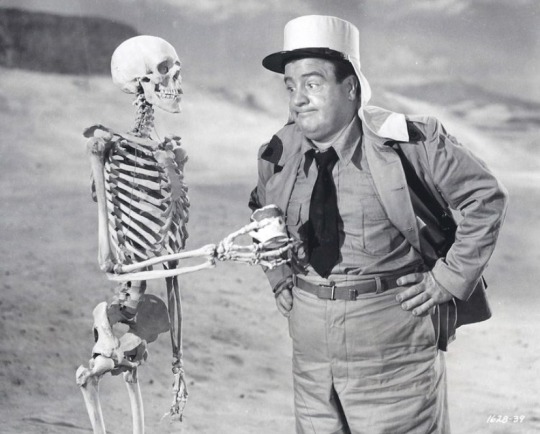
104 notes
·
View notes
Text
Was it just me who grew up on tales of the Flying Tigers and the Lafayette Escadrille? The romance, the glory of being in the vanguard of American involvement in what became a world war? Like, it doesn't surprise me in the slightest that there are Americans eager to fight for Ukraine! I was practically taught how to read on these stories.
20 notes
·
View notes
Text
I think the toy soldier in the Nutcracker picture book I had as a child rewired my brain
#he has a French foreign legion hat and a WWI style mustache#and he clicks his heels smartly and salutes#this is a gender#personal
13 notes
·
View notes
Text

Clarice Lispector, tr. by Giovanni Pontiero, from "The Foreign Legion: Stories and Chronicles,"
#lit#clarice lispector#prose#quotes#words#the foreign legion; stories and chronicles#writings#selections#p
499 notes
·
View notes
Text
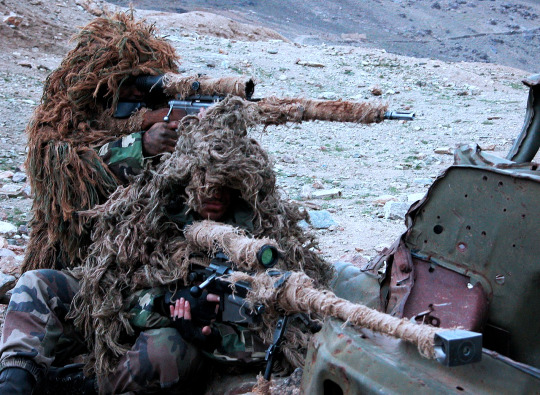
French Foreign Legion Snipers in Afghanistan, 2005
62 notes
·
View notes
Photo

“Mickey Mouse in the Foreign Legion” Floyd Gottfredson 1981
A painting based on Gottfredson’s earlier work from 1936, a comic strip “Mickey Mouse Joins the Foreign Legion“.
#painting#comics#comic books#mickey mouse#pete#disney#foreign legion#legion etrangere#floyd gottfredson
28 notes
·
View notes
Text
African American Fighting for France 1914
Brave men and women from my new book

The 28-year-old Boxing Champion Bob Scanlon was amongst the first forty-four Americans who joined the Great War as a volunteer in the French Foreign Legion in Paris in August 1914. He came from Mobile in Alabama but came to France already in 1907 where he had most of his boxing career. He was Light Heavyweight Champion and sparred amongst others with the famous Jack Johnson. He was friend and “compis de combat” with Eugene Bullard and David Kind who are two of the protagonists in my new book. The picture is a postcard of Scanlon which he signed in Paris in 1931 for his friend Glover Compton, a famous jazz musician. You will meet all four men and read their fascinating stories in my new book: Fighting for The French Foreign Legion – Americans who joined the first world war in 1914.
#alan seeger#david king#eugene bullard#fighting for the french foreign legion#french foreign legion#ww1#la Grande Guerre#american volunteers 1914#nils elmark#Bob Scanlon#African American
40 notes
·
View notes
Text
Foreign Legion cover stories by John D. Newsom

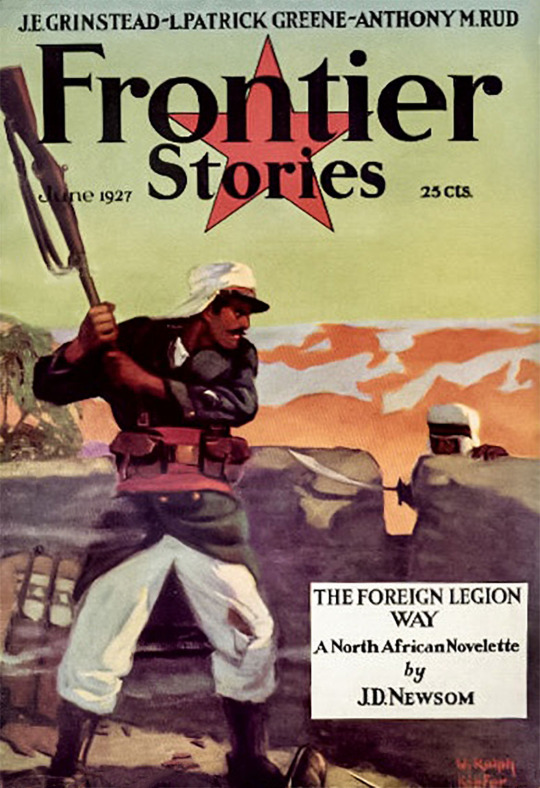
“The Gorilla of No. 4” by J.D. Newsom (Adventure, January 1927) Cover by Remington Schuyler.
“The Foreign Legion Way” by J.D. Newsom. (Frontier Story, June 1927) Cover by Ralph Keufer.


“King Makers of the Legion” by J.D. Newsom. (Short Stories, September 25, 1929). Cover by K. Dombrowski
“The Ghost in the Bastion” by J.D. Newsom (Adventure, July 1930). Cover by John Drew.

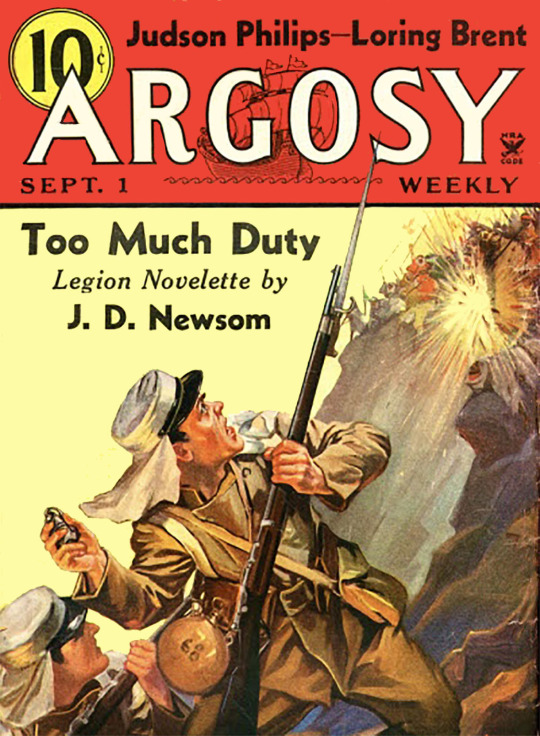
“Lion of Morocco” by J.D. Newsom. (Argosy, February 1934) Cover by Harry Hornhorst.
“Too Much Duty” by J.D. Newsom. (Argosy, September 1934) Cover by Paul Stahr.
#book blog#books#books books books#book cover#pulp art#foreign legion#j.d. newsom#adventure#argosy#frontier stories#short stories
5 notes
·
View notes
Text
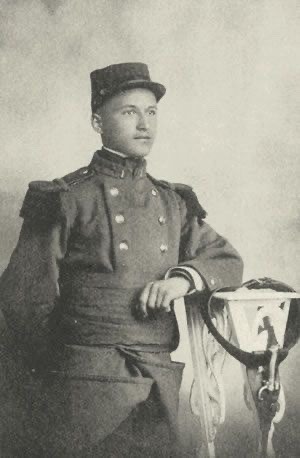
“HERVIER: Has your experience in the Foreign Legion played a certain part in your relationship with France?
JÜNGER: I couldn't say so. I had read Stanley and others, and I had always pictured the dark continent as a magnificent landscape. But all I found was sand and an unattractive military decor, so that I instantly fled. Meanwhile, my father intervened. All the documents are in the Foreign Affairs Bureau in Paris. My father moved heaven and earth for me. Just as I was about to run off a second time, I received a telegram: "The French government has granted your release; get your photograph taken!" That was the kind of thing my father always thought of. So I immediately went to a photographer, and the photo still exists. However, the experience per se was a disappointment, which, incidentally, has recurred. I spend my time chasing after landscapes that I know from books, and as a general rule, they've been so thoroughly spoiled by tourists that I no longer recognize my dream. So this story of the Foreign Legion is one of the great disappointments that keep recurring throughout history: each generation plunges into undertakings of that type, and this constitutes a not negligible part of literature. You always find that gap in Stendhal. He had a great image of Napoleon, while he himself had only an obscure job with his uncle Daru; while envisioning how wonderful it would be to be a cavalry officer—or how it might have been.
HERVIER: Your father's intervention was providential, for you had put yourself in an excessively difficult predicament.
JÜNGER: It's quite astonishing that I could have done that and subsequently become an officer. After World War I, everyone was authorized to consult my file. I read the recommendation of the highest regional officer. My father had lived more or less as an anarch: in any case, the officer wrote: "Dr. Jünger lives in comfort and pays no taxes. As for his son's joining the Foreign Legion—that has to be seen as a youthful folly." In the military, subordination was automatically punished with six weeks in prison. I was risking that kind of trial, which was being negotiated in Metz. But my father spent a tidy sum to hire an attorney named Grégoire, who played an important political role, and he managed to get the charges dismissed. If I had had to serve a prison sentence, I could never have become an officer.
HERVIER: Your father showed a lot of sangfroid and skill in ticklish circumstances. But what was your mother's reaction?
JÜNGER: My mother was more impulsive. Naturally, she was scared, while my father had already studied all aspects of the situation with logic. In case I failed to get out of the Legion, he told me: "They have a training program for junior officers. You have to take it!" He had already primed himself for all eventualities, while my mother absolutely wanted to have me back.” (p. 30, 31)
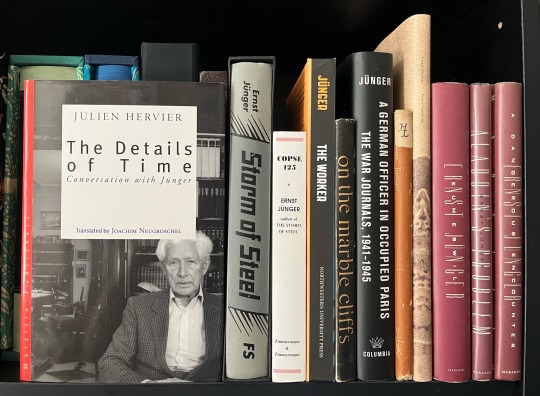
2 notes
·
View notes